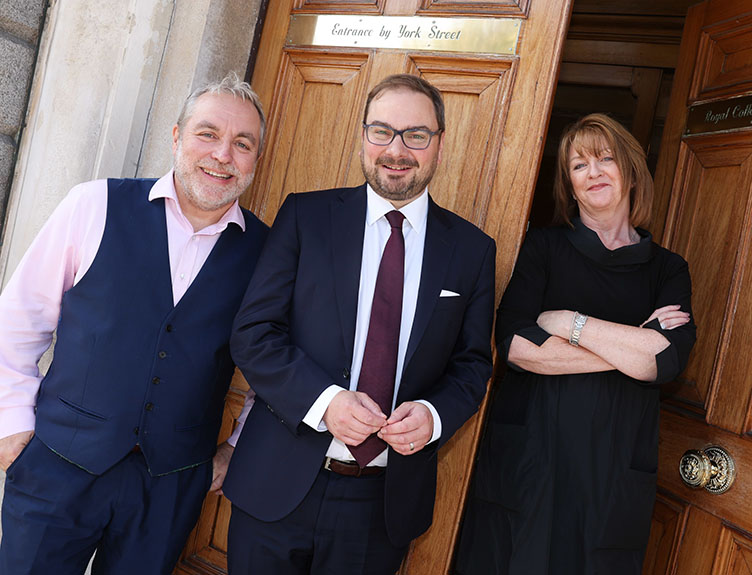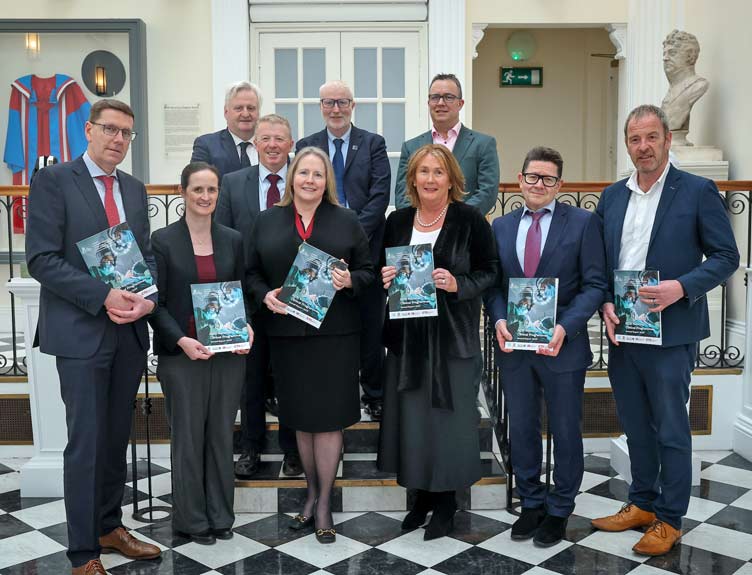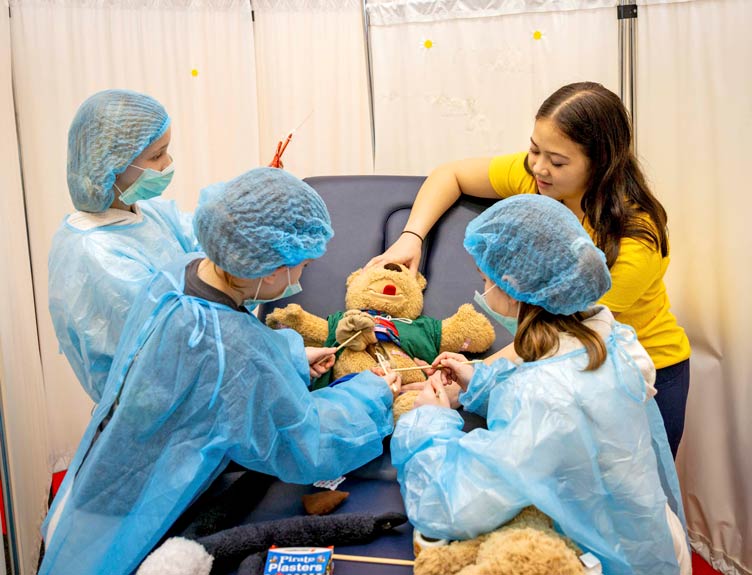Conference explores key issues in human factors in patient safety

Systems to measure cognitive load and the impact of behaviour on performance in healthcare were among the key issues addressed at the third annual National Human Factors in Patient Safety Academy, hosted by RCSI.
The conference, organised by RCSI in collaboration with the Human Factors in Patient Safety Alumni Academy, brought together an inter-professional community of patient safety advocates to discuss culture in healthcare. It was chaired by Professor Eva Doherty, Director of Human Factors at RCSI. This year the conference was held both in person and online, with over 130 people attending.
Professor Doherty said: “The idea that human beings have a limited capacity to manage information can be unexpected, as healthcare providers like to think that they can get everything done to the best of our abilities. This conference focussed on two aspects of cognitive overload: Firstly, Steven Yule told us about his research into the concept of wearable technology which can inform us when we are overloaded, and Chris Turner spoke about the impact of an emotionally negative work environment which contributes to cognitive overload.”
Professor Steven Yule is Chair of Behavioural Sciences at the University of Edinburgh, and introduced the concept of ‘surgical sabermetrics’ that his research group in Edinburgh have pioneered. “Surgical sabermetrics are video and wearable sensor-derived metrics to automatically assess non-technical skills such as situation awareness and teamwork. These are important concepts for healthcare teams and technology is now allowing us to scale the assessment and feedback to improve performance, wellbeing, and patient safety.”
Cognitive load
Dr Chris Turner, Emergency Medicine Consultant in University Hospitals in Coventry and Warwickshire and founder of Civility Saves Lives, provided attendees with an insight into the impact that behaviour has on performance. “I delivered my talk in the hope that it would help people to see some of the impact of behaviour on performance, and to understand how this influences our outcomes at an individual, team and even organisational level,” he said.
Each keynote was followed by a discussion with the audience. The general theme of the discussions was around the importance of systems that measure cognitive load, and whether there is a possibility of these being introduced into the Irish system to measure cognitive load and the impact it has on performance.
The Human Factors in Patient Safety Academy was established in 2021 and consists of Alumni and current scholars of the RCSI Postgraduate Diploma/MSc in Human Factors in Patient Safety. The academy supports graduates to enable the development of safer patient care through human-factor knowledge and skills.
Led by Professor Oscar Traynor and Dr Eva Doherty, RCSI has established a mandatory human factors curriculum to improve the communication and interpersonal skills of surgical trainees and developed a robust process for competence assessment and performance appraisal. RCSI is now internationally recognised as a leading centre for human factors and patient safety in healthcare.



